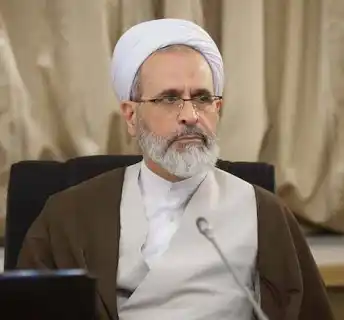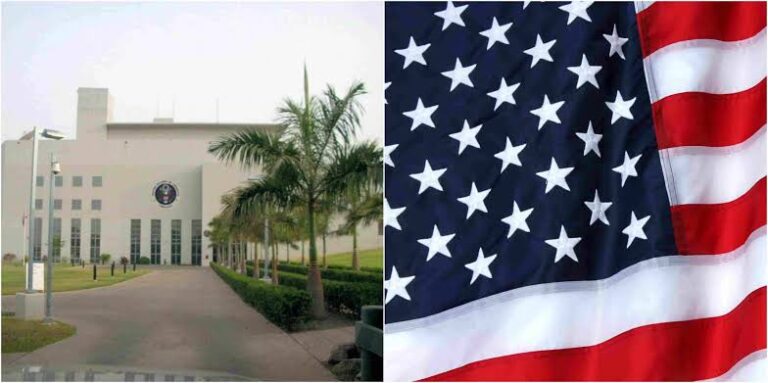
Corruption has become one of Nigeria’s most stubborn enemies, crippling development, weakening institutions, and deepening public distrust in government. Despite decades of promises, the fight against corruption continues to yield little progress.
From inflated contracts to missing public funds, the menace has spread through every layer of society — from political offices to civil service, and even private enterprises.
Analysts say corruption has become deeply ingrained, feeding on weak systems and a culture of impunity.
Reports from transparency watchdogs reveal that billions of naira allocated for infrastructure, healthcare, and education often disappear without trace. Roads remain uncompleted, hospitals lack essential equipment, and schools crumble despite yearly budgetary allocations.
As the cost of living rises, Nigerians grow increasingly frustrated watching political elites thrive in luxury. Critics argue that poor accountability and selective justice have emboldened corrupt officials to act without fear of punishment.
“The system protects the powerful and punishes the powerless,” lamented a Lagos-based activist. “Until leaders face real consequences for looting public funds, corruption will remain a way of life in Nigeria.”
Successive administrations have launched anti-corruption campaigns and agencies, but many citizens view them as politically motivated rather than sincere efforts to clean the system.
Experts maintain that ending corruption requires a national awakening — one that demands transparency, enforces accountability, and rebuilds trust in public institutions.
Until then, corruption will continue to drain Nigeria’s wealth, destroy its reputation, and hold back the progress of a nation with limitless potential.





